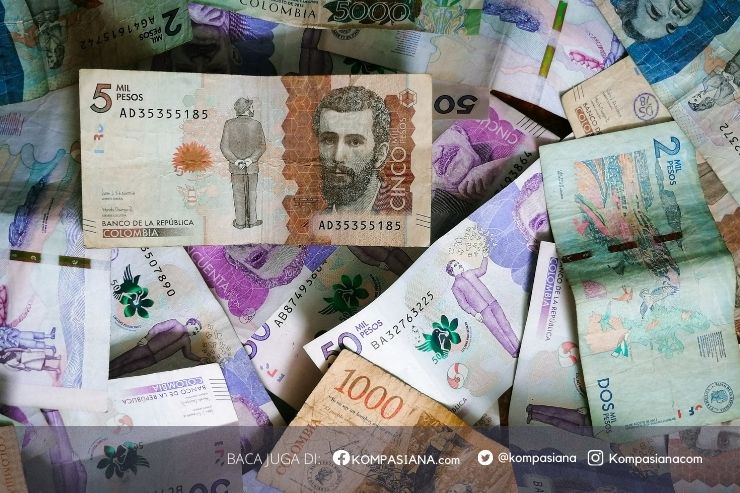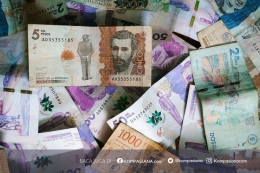Changes in social, economy, politics and culture conditions, increased movement of human migrations, globalization process, digital-based information and communication technology, knowledge-based economy and others in accessing 21st century (Delors, 1996) indicates a higher and complex challenges of human life. Therefore, UNESCO (The International Commission on Education for the Twenty-first Century) considers it is important for paradigm change in education as an instrument of the all-rounded Human Beings. Hence, four pillars of UNESCO's education includes learning to know, learning to do, learning to be and learning to live altogether should be developed and integrated into learning process at different stages of implementation or the unity of education (from elementary school to college).
Facing of these developments as well as a variety of global issues-external, DIKTI through Kepmendiknas No 045/U/2002 demands to change the direction of higher education , as there of : a) to produce competitive graduates in globalized world, (b) to change recent higher education orientation which is not only producing human intelligent knowledge but applying their knowledge into communities life (be competent and relevant), and more cultured, and (c) Also changing needs in embodied workplace requirements, of predominantly soft skills requirements as part , and hard skills on other hand. Thus, such reconceptualized curriculum should be formulated on achieved / owned competency by scholar graduate to meet or near the needed competencies of community stakeholders / stakeholders (competence based curriculum) (Dirjen Dikti, 2008).
In fact, the recent higher education in Indonesia has not shown of education system towards development of students’ soft skills and practical skills, of which ironically, after graduated, they experience unemployed. A factor causing unemployment is the unemployed come from scholarly communities (graduate) since their soft skill paradigm is not developed perfectly in their study.
Based on these factors the authors suggest alternative solutions to accommodate two opposing interests, i.e., : a need for human resources of highly soft skills and practical skills to support entrepreneurs successful and of work, considering impartiality of higher education system issue in Indonesia. Development of soft skills and practical skills in study is a very strategic solution in creating entrepreneurs of capable to create job for themselves and others. Realizing this purpose, the model proposed by the authors is "Soft Skill and Practical Skills Development Model for studentof Embryo Young Entrepreneur (EYE) through Career Development Center".
Follow Instagram @kompasianacom juga Tiktok @kompasiana biar nggak ketinggalan event seru komunitas dan tips dapat cuan dari Kompasiana. Baca juga cerita inspiratif langsung dari smartphone kamu dengan bergabung di WhatsApp Channel Kompasiana di SINI







